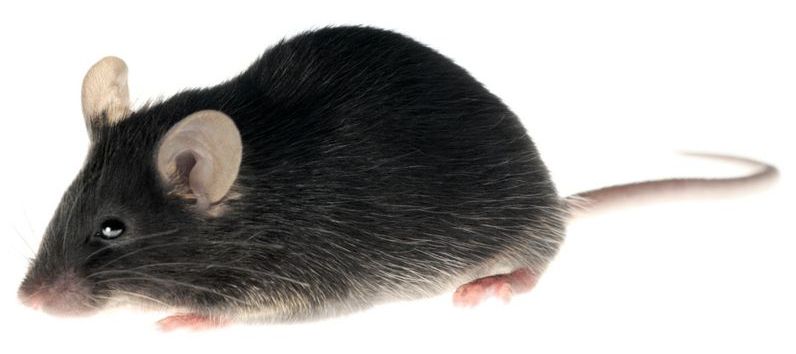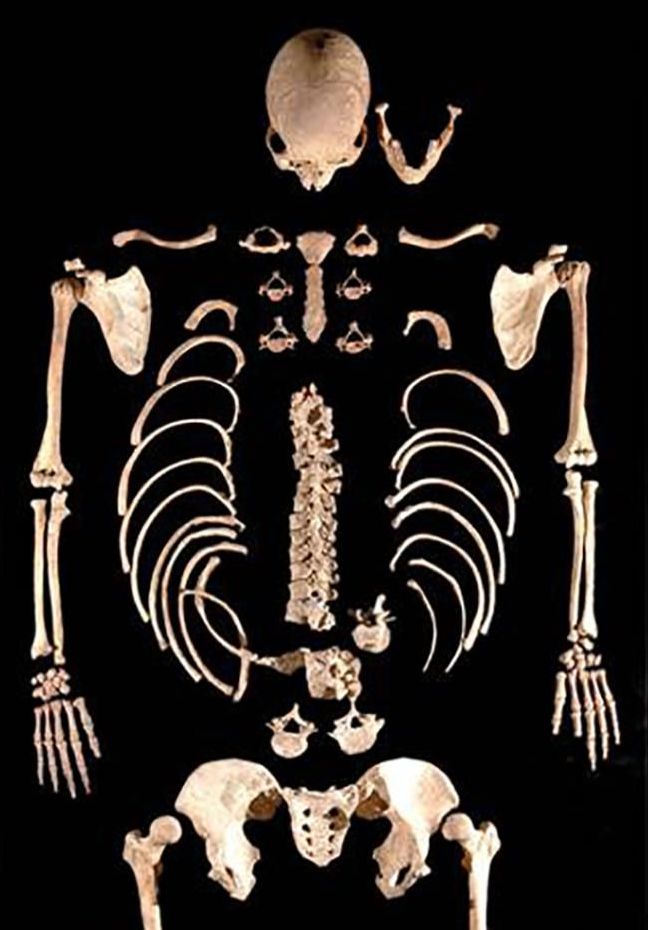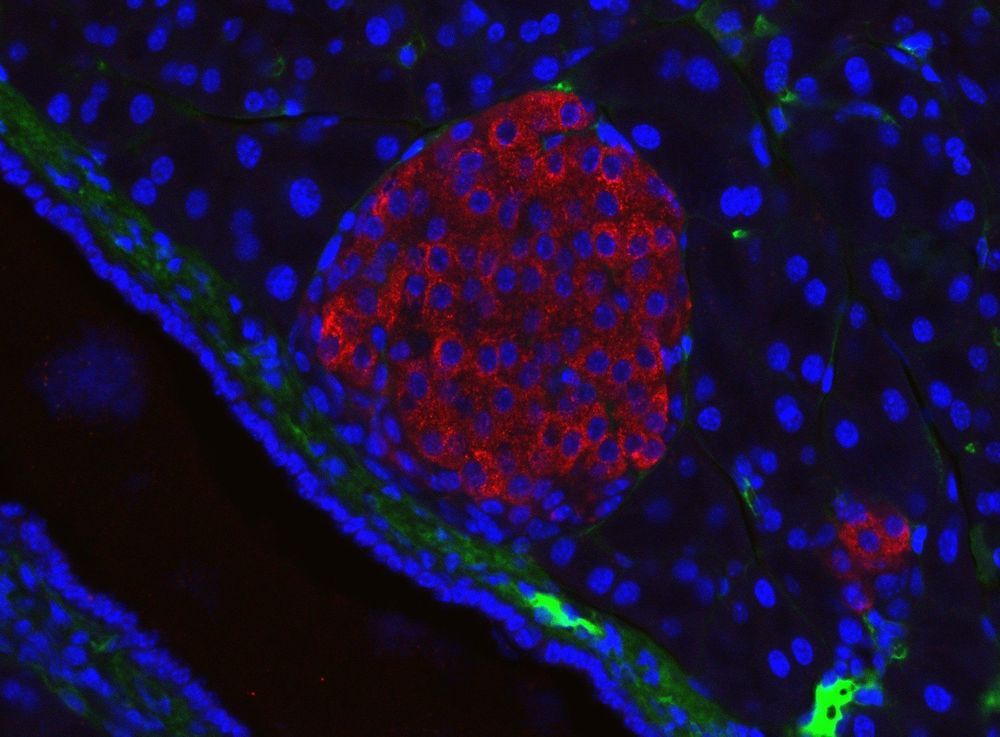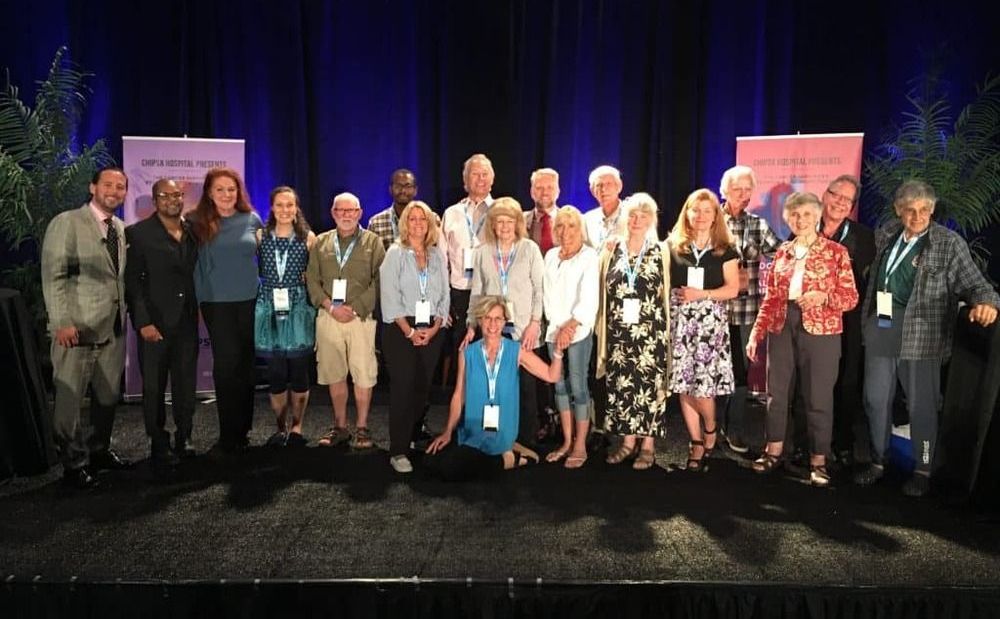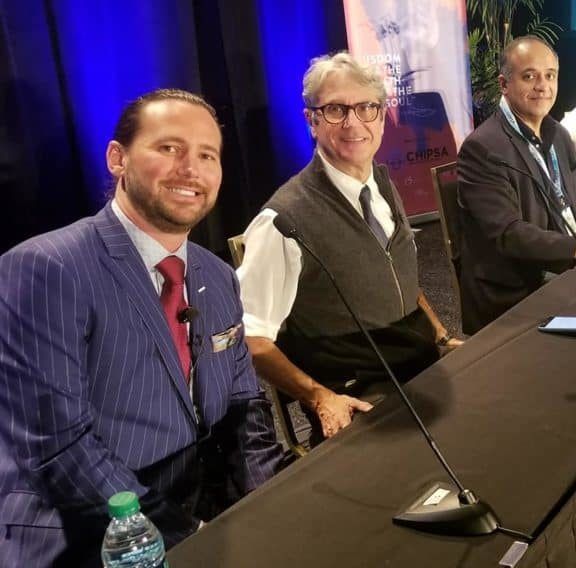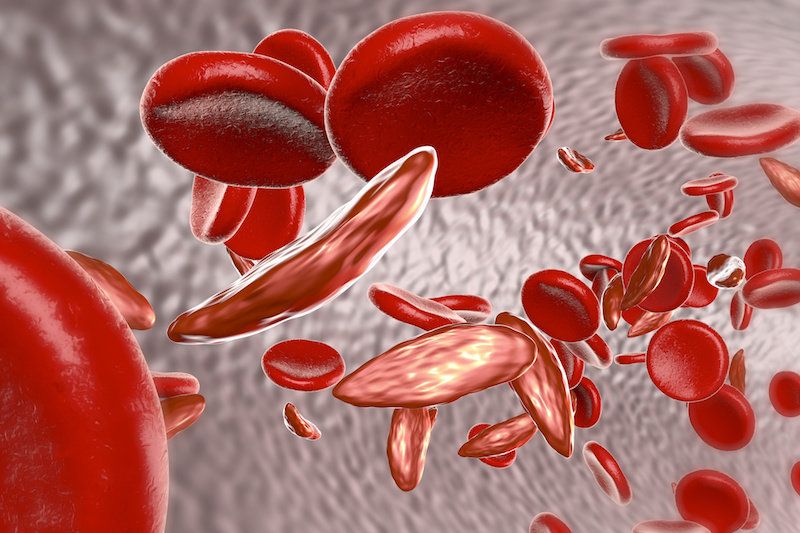The trial is just one of a few underway to test the powerful CRISPR technology around the world. One of the most promising, for example, is studying whether gene editing can treat, and effectively cure, blood disorders such as beta thalassemia and sickle cell anemia.
In beta thalassemia, the hemoglobin part of red blood cells, which is supposed to pick up oxygen from the lungs and distribute it to the cells in the rest of the body, doesn’t work properly. Patients need to be transfused with donors blood regularly, and even with these transfusions, complications can occur if the dose isn’t right and iron levels in the blood cells spike, which can lead to organ damage and even death. In sickle cell disease, a mutation in the gene that makes hemoglobin causes the red blood cells to collapse into a sickle shape, which makes it more difficult for the cells to flow smoothly through the body’s arteries and veins. Blockages caused by the misshapen blood cells can lead to severe pain and strokes.
The biotech company CRISPR Therapeutics, founded by one of the technology’s co-developers, has engineered a solution to treat both conditions that relies on genetic modifications connected to the production of fetal hemoglobin. Normally fetal hemoglobin, which provides the developing fetus with oxygen via the blood while in utero, is shut off about six months after birth, and genes for adult hemoglobin are turned on. While it’s not clear why adult hemoglobin replaces the fetal version, researchers say that they have not seen any significant differences between the two types when it comes to the ability to transport oxygen to the body’s cells. However, since the genes for adult hemoglobin don’t produce healthy red blood cells in people with beta thalassemia and sickle cell disease, one treatment strategy is to introduce genetic changes that turn on fetal hemoglobin again.

